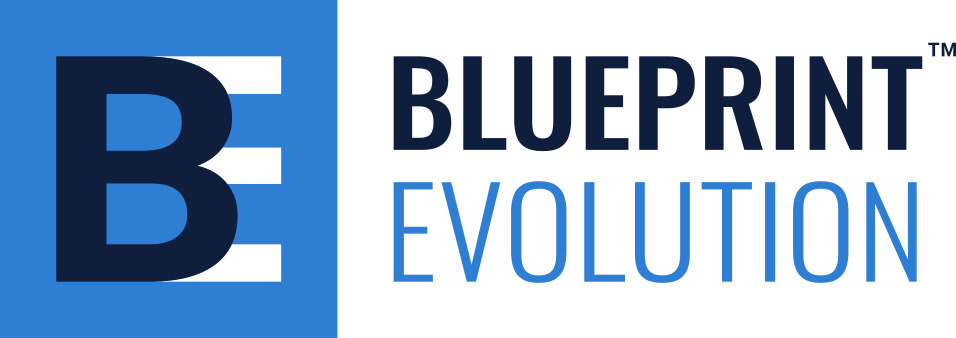The importance of inclusivity in the workplace cannot be overstated. As a consulting firm specializing in organizational development and human resources, we often encounter clients struggling to attract and retain diverse talent. This challenge is not unique to any single sector but pervasive across industries. This blog aims to shed light on the significance of workplace diversity and inclusivity, backed by compelling statistics and sources, and provide actionable advice to enhance your recruitment strategy.
The Critical Role of Inclusion in the Workplace
Workplace diversity and inclusivity go beyond hiring people of different races, ethnicities, genders, ages, religions, abilities, sexual orientations, socioeconomic backgrounds, education levels, neurodiversity, and geographical locations. It includes a wide range of lived experiences, perspectives, identities, and skills, creating a culture where each person’s unique contributions are recognized, valued, and respected.
1. Enhanced Innovation and Creativity
Diverse teams bring many perspectives, leading to increased creativity and innovation. Companies with more diverse management teams have 19% higher revenue due to innovation. This statistic underscores the direct link between diversity and the ability to innovate, a crucial competitive edge in today’s fast-paced business environment.
2. Improved Problem Solving
Research from Cloverpop indicates that diverse teams make better business decisions 87% of the time compared to individuals. This highlights the significant advantage that diverse perspectives bring to problem-solving, enhancing the quality and effectiveness of decisions. By incorporating a range of viewpoints and experiences, diverse teams are better equipped to tackle challenges and seize opportunities. This collective insight improves decision-making and drives innovation and successful outcomes.
3. Broader Talent Pool
Embracing diversity and inclusivity opens access to a wider talent pool, offering a broader range of skills and experiences. This inclusivity is crucial in addressing the talent shortages faced by many industries. A workforce that reflects a wide array of perspectives and experiences enables organizations to effectively address complex challenges and seize new opportunities, fostering innovation and sustaining competitiveness in a rapidly evolving market.
4. Enhanced Company Reputation
Companies with a reputation for a strong commitment to diversity, equity, and inclusion often attract top talent and customers more effectively. According to Glassdoor, 67% of job seekers consider workplace diversity a key factor in evaluating potential employers. This emphasis on inclusivity enhances a company’s reputation and is crucial in attracting and retaining talented individuals and loyal customers.
5. Greater Employee Satisfaction and Retention
Workplaces that embrace varied perspectives and actively promote inclusivity often create environments where employees experience increased job satisfaction, engagement, and long-term commitment. 83% of millennials are actively engaged when they believe their company promotes an inclusive culture. This engagement enhances employee morale, drives productivity, and contributes to a more positive and dynamic work environment.







